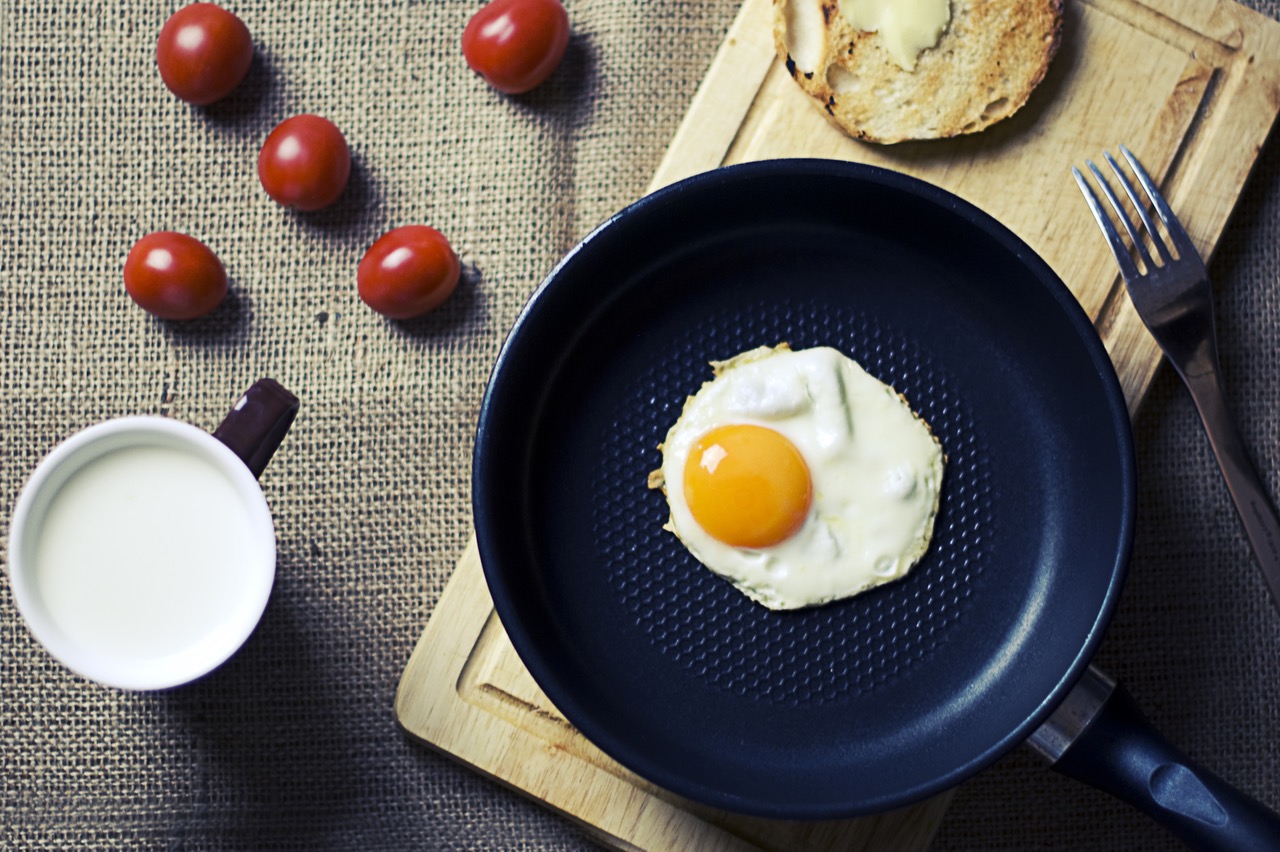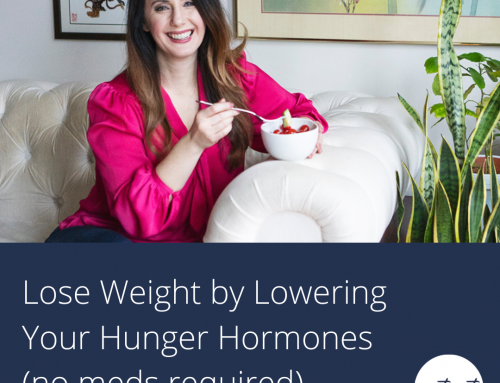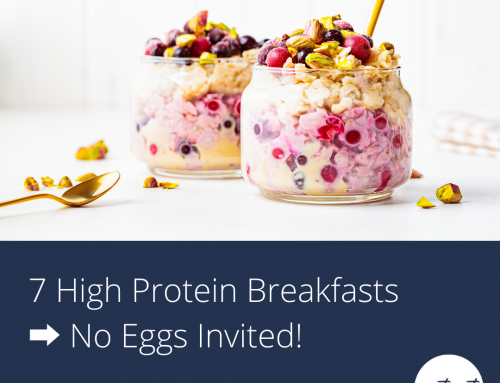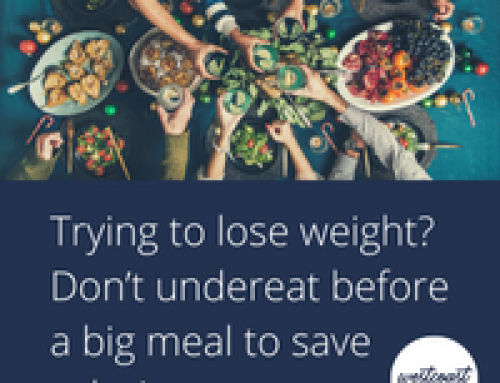 Now, most of you know that I’m a big breakfast fan, but is it really the most important meal of the day? Like most things nutrition, the answer depends on your what your goal is, and how your body responds. Let’s wade through the mythology and figure out if breakfast is a good choice for you, and what a healthy breakfast actually looks like.
Now, most of you know that I’m a big breakfast fan, but is it really the most important meal of the day? Like most things nutrition, the answer depends on your what your goal is, and how your body responds. Let’s wade through the mythology and figure out if breakfast is a good choice for you, and what a healthy breakfast actually looks like.
Contrary to popular belief, breakfast is not magic. You will not gain mystical focus and steady weight loss just by eating just anything in the morning. And, if you’re eating the traditional high refined carb North American style breakfast (cheerios, I’m looking at you!), you’re probably not doing yourself any favours in the weight or health department. In fact, I’ll bet you’re hungry again by 10 am.
A good breakfast (according to the research and what works well for my clients) has a few goals:
- Reduce appetite hormones so that we are more in control of when, what and how much we’re eating later on in the day. This can usually be achieved by 20-30 grams of protein.
- Nutrient dense: To pack in lots of protein, fibre, vitamins and minerals to support energy production, repair pathways and neurotransmitter production to keep us focused and healthy.
- Good quality carbs in a smaller portion: Replenishes glycogen (our bodies stored form of sugar or glucose) in the liver and muscles after fasting overnight, to bring up energy and prepare us for activity. Not so much carbs that we spike blood sugar and insulin, resulting in a crash and increased hunger later on (not to mention packing those calories away in to “long term storage”).
Who should definitely eat breakfast?
If you struggle with frequent hunger, portion control, emotional or boredom eating:
- A high protein (20-30 grams) breakfast will actually reduce blood levels of appetite hormones all the way in to the afternoon and evening.
- This makes munching less likely, and boredom eating easier to fight off if we’re not also working against our biology.
Those with increased nutrient needs (post surgery, elderly, pregnant, children, high activity levels)
- Gives us an extra opportunity to fit in nourishing foods – proteins, healthy fats, fruits and veggies.
 Endurance athletes (training sessions of at least 60 minutes continuous activity a few times a week or more)
Endurance athletes (training sessions of at least 60 minutes continuous activity a few times a week or more)
- Similar to above, it’s tough to replenish glycogen enough to fuel this kind of carb dependent activity without a solid breakfast.
Who might not need breakfast?
Trying to lose weight and little issue with grazing or emotional eating
- There is research showing that a 12-14 hour fasting window can actually be helpful for weight loss by allowing our bodies to experience a natural fasting period (we’re not meant to graze 24/7) and reducing insulin resistance. That looks like finishing dinner by 8pm, then not eating again until 8am or 10 am. For those who need a really simple start, this can be a great method to try. No matter what time your first meal of the day is, do make sure it’s at least 20-30 grams of protein to keep appetite hormones from undoing your hard work later on.
If you just feel gross when you eat first thing in the morning, and you don’t struggle with munching or emotional eating later on in the afternoon or evening, then you may not need to worry about breakfast.
- If this is you, just make sure you have plenty of opportunities later in the day to fit in all those nourishing foods.
I want to be clear, there is no one right answer that works for every body and situation. And what works for you may change over time! I’d love to know what morning routine makes you feel awesome. Email me here, or share over on facebook, twitter or insta.







